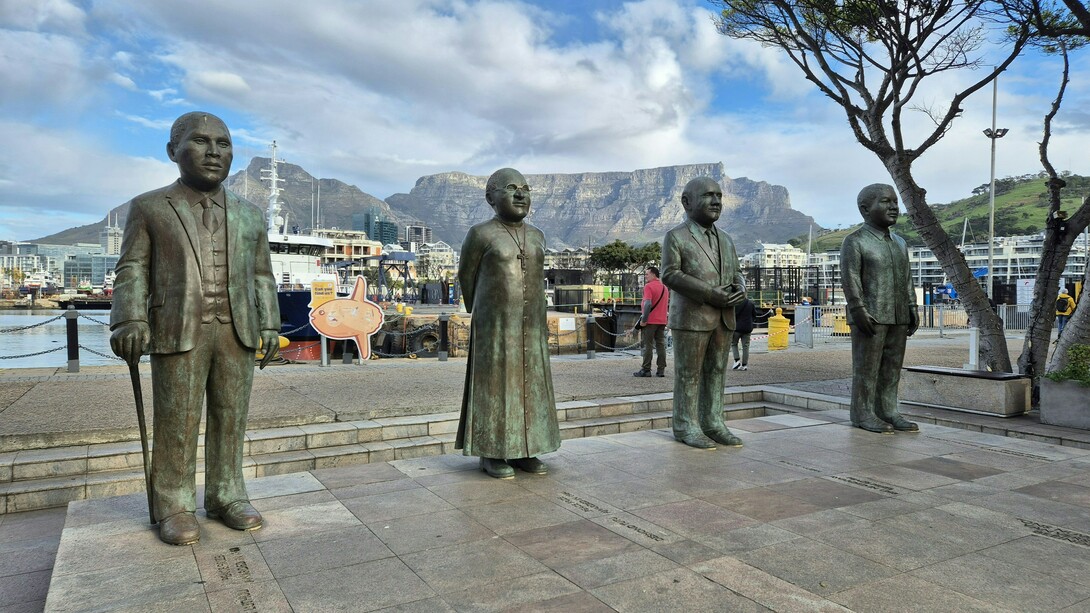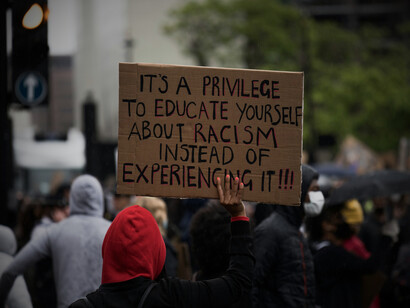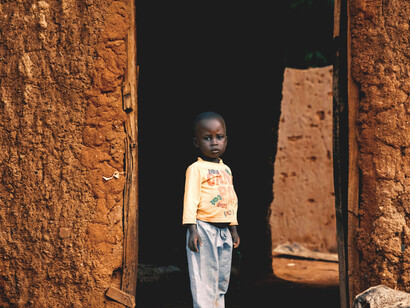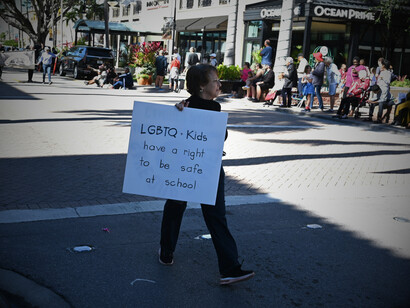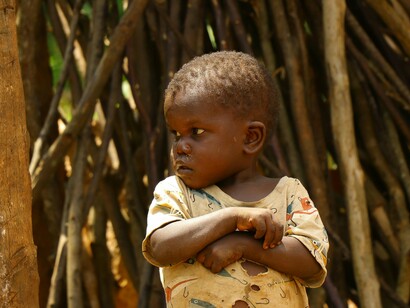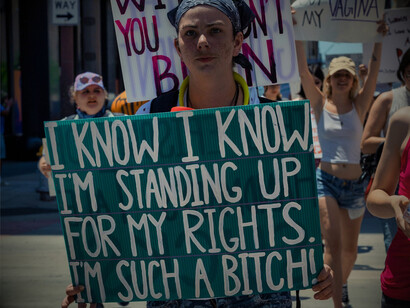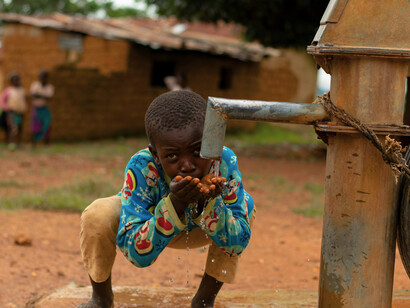A cursory search on the origins of the concept of “national dialogue” shows results that, among other things, explain the basis upon which a national dialogue is, firstly, required; secondly, called for; and lastly, justified. National dialogues are organised as a platform for conversations on various topics that are considered to be of national importance. The topics range from political conflicts, social inequalities, political transitions, human rights, and economic transformation to even include the realignment of political forces and actors.
Fundamentally, national dialogues ought to be inclusive of all stakeholders from grassroots to national structures. Different social organisations, actors, and interests must be represented in the national dialogue. In the context of South Africa, national dialogues have been held under different historical contexts.
For example, in 1991, ninety-two organisations, including political parties and other formations that were pursuing political agendas or ideologies, met in Durban to discuss political transition from the oppressive and inhumane apartheid system; this dialogue became known as the Convention for Democratic South Africa (CODESA). The dialogue was followed by a series of similar engagements under CODESA II. It must, however, be stated that these conversations were largely focused on ending internal political conflict and mapping a way forward for a democratic political dispensation.
Since the attainment of democracy on 24 April 1994, the South African people have continued to conduct national conversations on various political reforms and the formulation of new policies for the democratic government covering different sectors of society. A national structure known as the National Economic Development and Labour Council is one of the mechanisms through which the process of national dialogues continues to be accommodated in the democratic South Africa. NEDLAC is constituted by representatives from government, business, and community organisations, with the mandate to conduct negotiations and reach agreements on social and economic matters.
Informed by clear signs that the political gains of a democratic South Africa were not accompanied by economic and social transformation to the satisfaction of the majority of the population, calls have been made in the past decades for what has been termed an Economic Indaba. The latter was called to cast special and specific attention to matters related to growing and persistent inequality and unemployment, pervasive poverty, the role of the state in the country’s economy (put bluntly, structural reforms of the economic system), land reform and redistribution, and the need to improve state accountability on the management of the nation’s wealth and public resources such as minerals.
Various reports on the periodic (ten-, twenty-, and thirty-year) reviews of the state of the nation revealed, among other things, that “the capacity of the State to deliver social services requires improvement with greater capacities at national departments.”1 Apparent weaknesses have been identified at provincial and local government levels. Unsurprising but disappointing, the same observation is made in the twenty-year review of democracy in South Africa that “a high level of instability (partly due to inappropriate appointments or those based on patronage, which at times lead to high staff turnover) works against the longer-term task of building state capacity. It tends to result in frequent changes in policy approach and, ultimately, undermines efforts to build state capacity and improve the quality of service delivery.”2
South Africa’s Thirty Years of Democracy Report presents key challenges confronting the nation that ought to be addressed. These are the underperforming economy, high levels of unemployment, persistent poverty, increasing inequality that is racially biased, and energy and water insecurity. To address these, the report still reiterates the need “to invest in strengthening state capacity and fostering active citizenry and social partnerships to build greater determination towards developing South Africa.”3 It is, therefore, patently obvious that the state capacity has been a perennial challenge in South Africa and that all efforts made since 1994 have fallen short of delivering tangible results in building an effective and efficient state machinery.
Explaining the conceptual framework and substantive themes of transformational dialogues, Madikwaza affirms that these ought to have core components that encompass “clear objectives, sufficient political will, credible facilitation, adequate inclusivity, public participation, transparency, implementation strategies, deadlock-breaking measures, and adequate resource allocation.”4 In essence, national dialogues are aimed at addressing specific and generally recognised issues with a clear sense of direction and/or some sort of idea on what ought to be done to turn things around.
Disappointingly, when addressing the audience that participated in the launch of the 2025 national dialogue in South Africa, held on 15 August 2025, the President of the Republic missed an opportunity to set the tone and to present clear objectives informed by the experience, knowledge, and insights of the past thirty years of democracy. Rather than presenting a solid statement on what hindrances constrain government performance and ability to address the above challenges related to state capacity, and what the government proposes as appropriate interventions, the president elected to pose a series of questions to an audience that was waiting to weigh and contrast various solutions to known socio-economic challenges befuddling the nation.
He asked the audience to deliberate and seek answers to the common sense questions, which included the following: “Why do South African women have to live in fear of men? Why do so many people live in abject poverty and so few live lives of opulence? Why, after decades of democracy, are the prospects for a white child so much better than those of a black child? Why do women get paid less than men for the same work? Why, when we have a Bill of Rights, are LGBTQI+ people still discriminated against, stigmatized, and harassed? Why do clinics run out of medicine? Why do taps run dry?”
Pardon the parlance, the president presented himself as someone who has lost his marbles, or simply put, whose head is in the clouds. Certainly, after thirty years of democracy, even more damning, with the same political party in power or still commanding the largest majority in government, answers to the president’s questions ought to be from those who have been in the thick of things, driving the government policies, strategies, rules, regulations, programmes, and projects.
Surely, the first-hand experience of those who have been serving in the government should position them better to understand what have been the bottlenecks and stumbling blocks in their national agenda to build state capacity to deliver services to the people. It is an unpardonable sin that the head of government could be asking the citizens to answer basic questions on service delivery instead of presenting the constraints hampering effective state performance on service delivery. The nation deserves better and requires a more thoughtful approach to what it is that makes it difficult, if not impossible, for the government to deliver on the promises of a better life in a new and democratic country.
The key questions that the citizen should be posing to the government rather than answering the quizzes of the president include the following: what are the constitutional and legal constraints that hinder the government from implementing policy interventions that are already known, though they may not be acceptable to all sections of society, particularly the privileged predominantly white racial groups? Given the shifts in the political landscape of the country since the 2016 local government elections and the last general elections that led to the current government of national unity, what form of a political system would best position the government-of-the-day to deliver effective, efficient, consistent, and reliable public services?
Building state capacity entails, inter alia, the establishment of public institutions that are driven by qualified and credible personnel; the introduction and maintenance of responsive operational systems that hold functionaries responsible and accountable to the citizens; the alignment of financial resources to the set national and subnational priorities; and the full participation of all stakeholders and actors not only during consultations on public policies but also in the implementation, monitoring, and evaluation of government performance. To implement this all-inclusive and multilevel governance system, education, training, and skills development must be accessible and affordable to all, not just those who can afford to pay for them.
South Africa is one of many countries that doesn’t lack sound public policies nor knowledge of its social, economic, and political challenges. What is lacking is effective implementation of the existing policies due to known problems such as corruption, inadequate technical skills to manage projects and public funds, and lengthy legal processes in dealing with cases of maladministration and mismanagement, almost creating an impression of a culture of impunity. It is also a known fact that some sections of the population, mainly the rich white upper class, resist transformation and redistribution policies, especially in the private sector. These are known challenges in the country; what is lacking is the political courage or collective will of the political actors to implement the existing policies or review those with known shortcomings.
It is critical to pose and answer the question, given the thirty years since the dawn of democracy, is the national dialogue required and justified in South Africa? If so, what is its purpose and overall objective? I have no doubt in my mind that the national dialogue is required, and its main objective should be addressing all the constraints that have held back progress in the building of a capable and effective state apparatus. To ensure that this happens, all the stakeholders should be prepared to negotiate and enter into binding political and legal commitments to reform the current state architecture, including reconfiguration of the spheres of government and the structure of government departments at national and subnational levels.
Instead of answering basic questions about well-known problems, technical discussions in the national dialogue ought to focus on what should be done with the existing information contained in the numerous commission reports, annual auditor-general reports, parliamentary oversight reports, reviews on the country’s democratization project, etc. Worth noting is that most of this information and knowledge is produced by different arms of the state; therefore, it is at the disposal of those who wield political power and influence. It is up to them and the other social actors to bring about the change the citizens want to see in the country, a better and brighter future.
Notes
1 Towards a 10 year review, Policy Co-ordination and Advisory Services, , 2003.
2 Twenty Year Review, South Africa, 1994-2014.
3 Towards a 30 year review, Department of Planning, Monitoring and Evaluation, 1994-2024.
4 A conceptual framework for national dialogues: applied theories and concepts, ACCORD, 2024.
